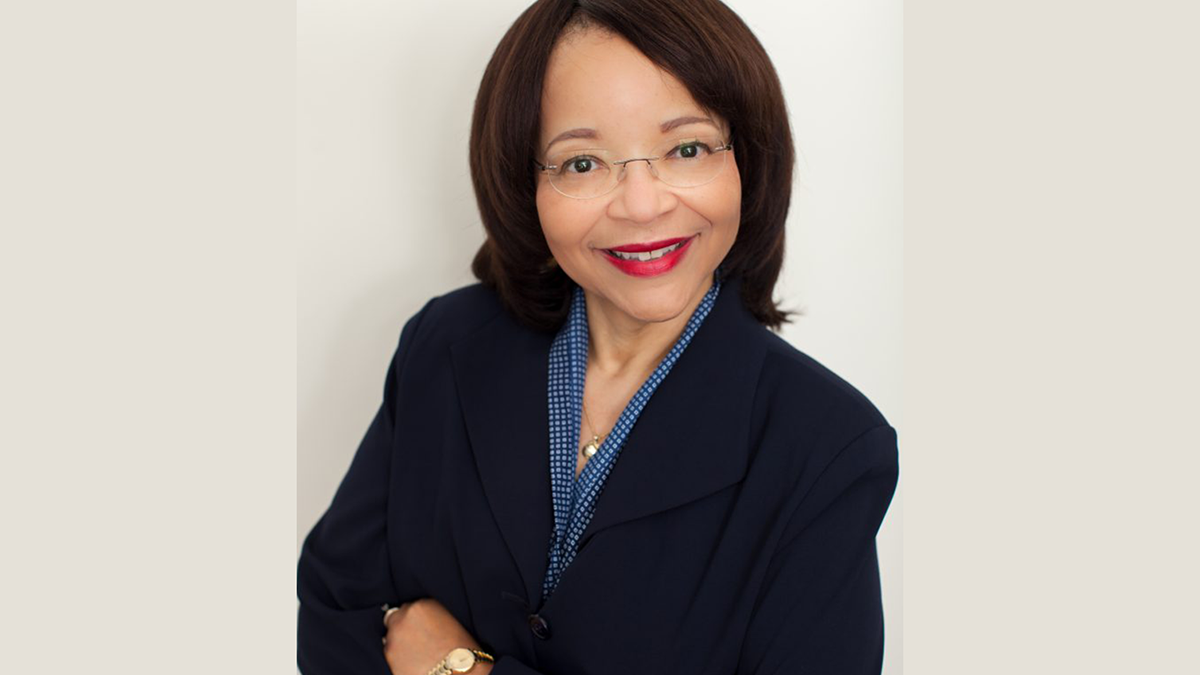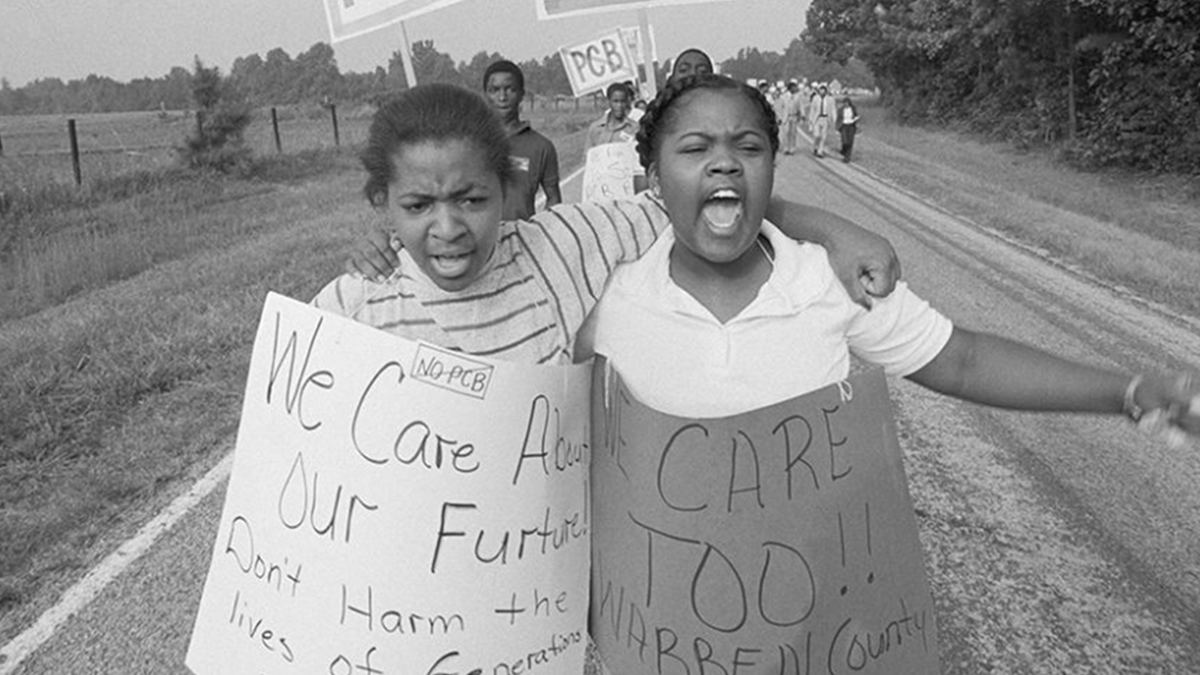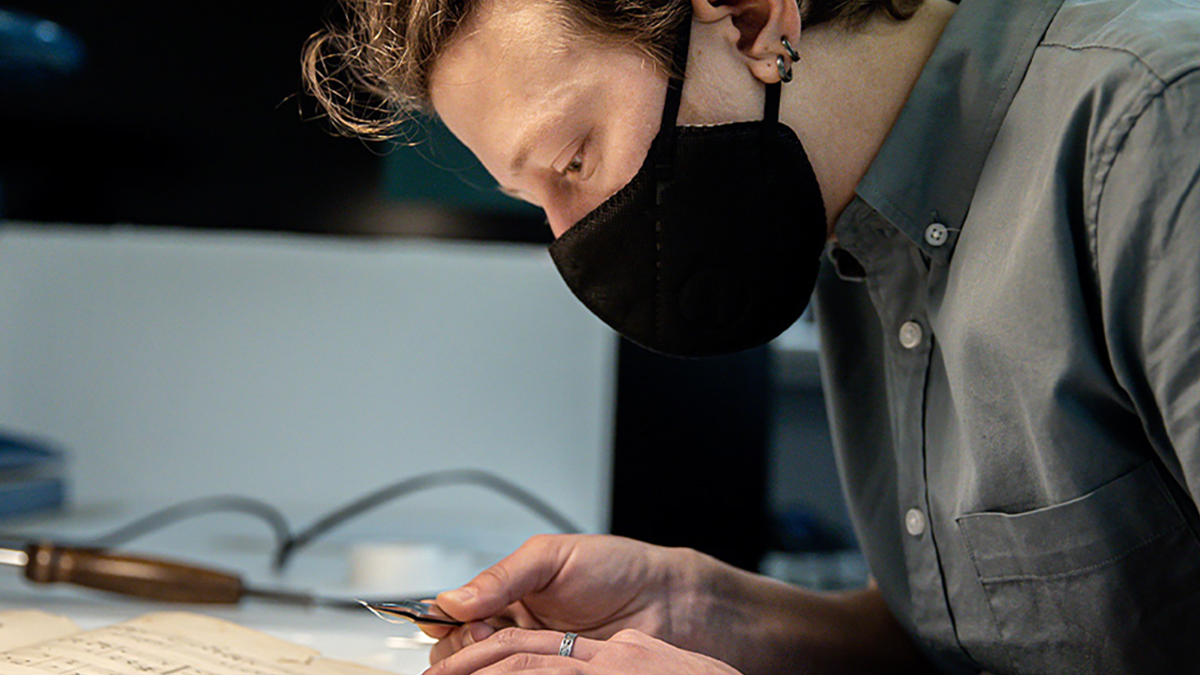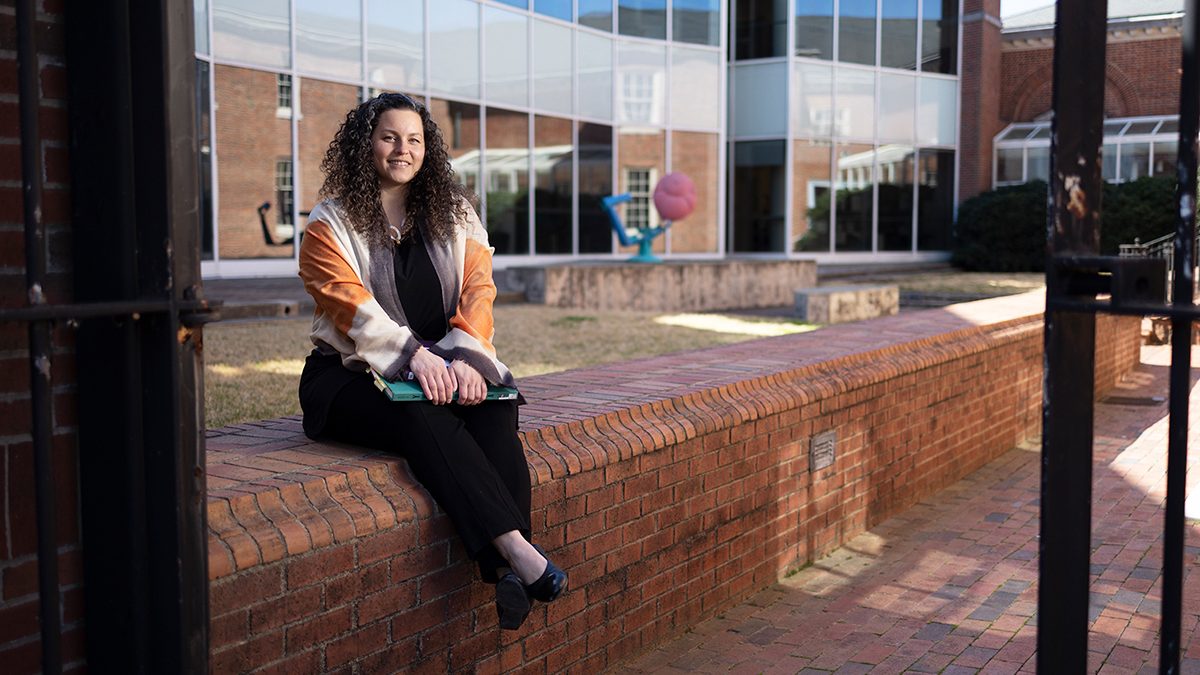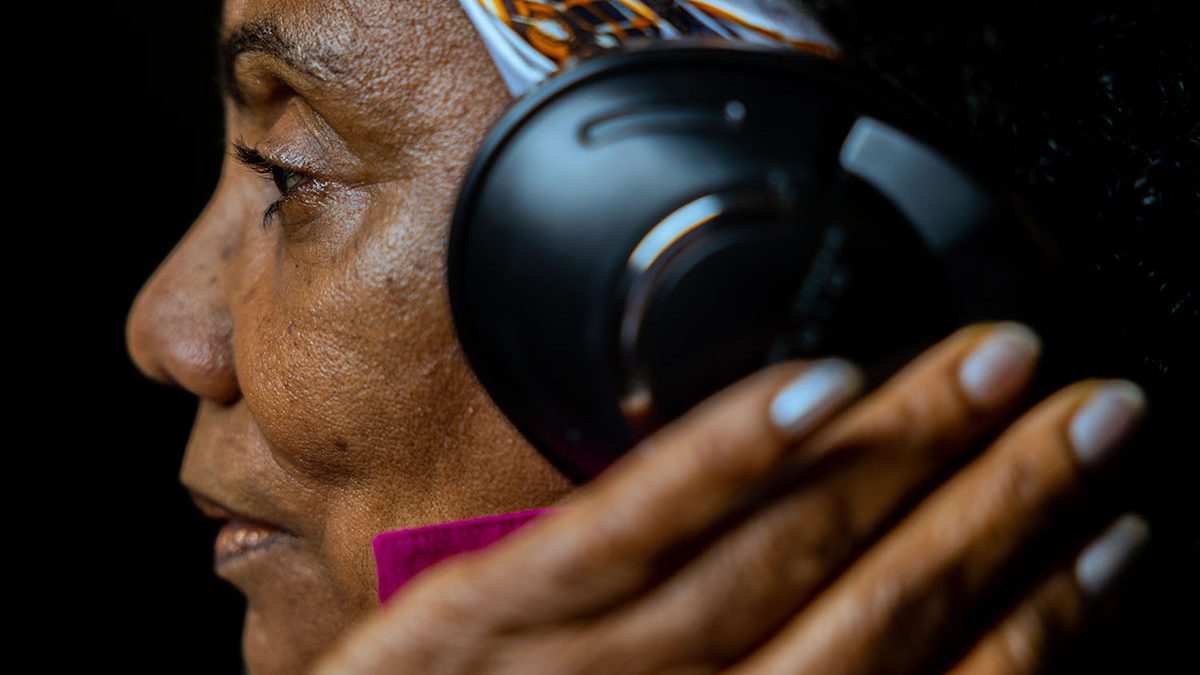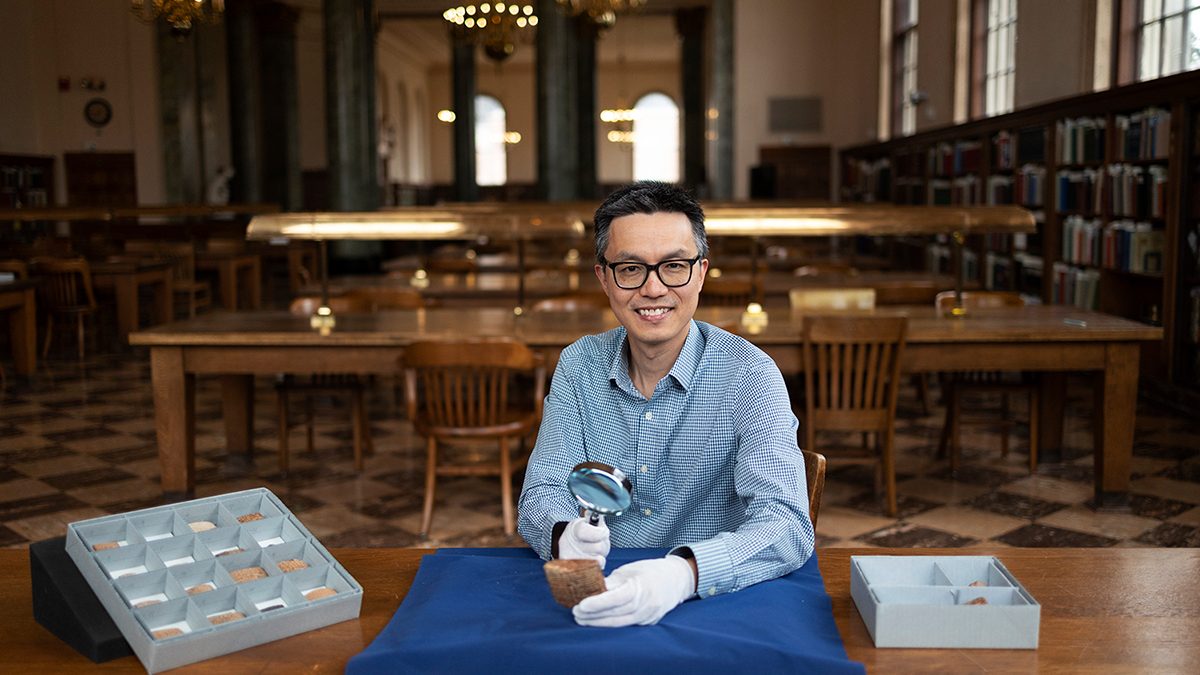More than an archive
A new oral history project - The Story of Us - is documenting and preserving LGBTQIA Carolina history.
A new oral history project - The Story of Us - is documenting and preserving LGBTQIA Carolina history.
What was it like to become New York’s first openly gay elected official in the late 1970s? Or to be a lesbian law student at Carolina in the early 1980s? To start a weekly column focused on LGBTQIA issues in The Daily Tar Heel in the 1990s? Or to be voted out of a Christian a cappella group for being gay in 2012?
Thanks to The Story of Us, these individual experiences and hundreds, hopefully thousands, more will be documented, preserved, shared and, ultimately, performed — all in the spirit of providing a broader and richer understanding of LGBTQIA history at Carolina and beyond.
And thanks to generous contributions from members of the Carolina Pride Alum Network, the University is only $10,000 away from raising the $100,000 needed to fully support the project. And the work has already begun.
Building an archive
In fall 2020, funds were deployed to hire a graduate student to bring together existing materials from the Wilson Special Collections Library and start collecting oral histories of Carolina students, alumni, faculty and staff through the Southern Oral History Program.
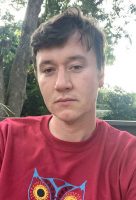
Hooper Schultz ’14
Hooper Schultz ’14 was hired as a field scholar and research assistant for The Story of Us, a project that aligns perfectly with his academic interests and areas of expertise. Originally from Raleigh, North Carolina, Schultz came out while an undergraduate at Carolina. He went on to obtain an M.A. and M.F.A. from the University of Mississippi, where he helped create a queer Mississippi oral history archive and produced an audio-visual documentary and exhibit on the queer South for his thesis.
“In my research for these projects, I stumbled upon the history of the Carolina Gay Association, which was a gay liberation organization in the early to mid 1970s. The first Southeastern Gay Conference was held at UNC-Chapel Hill in 1976,” he said. “I found that fascinating because it places UNC students at the forefront of gay-rights activism in the South.”
Now Schultz is back at Carolina, pursuing a Ph.D. in history. His experience collecting oral histories and his personal connection to the University make him an ideal fit as a research assistant for The Story of Us.
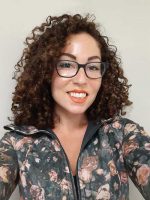
Cassie Tanks
Cassie Tanks, a first-year master of library science student in the School of Information and Library Science, is also gathering stories for the archival phase of The Story of Us as part of her graduate assistantship with the Wilson Special Collections Library.
Tanks wants people to understand that there are many ways to contribute to the project and that she’s available to answer questions about the process.
“You can record for three minutes or 20. If you want to record now and wait 10 years before releasing the recording, we can do that. This isn’t about us or the institution: It’s about the story and the archive and creating a more rich, genuine and accurate historical record for the future.”
Overcoming challenges
Schultz and Tanks work closely with University Archivist Nicholas Graham and Sara Wood, an oral historian and project manager at the Southern Oral History Program. Managing a project of this scope presents challenges, they said, but the team is up to the task.
“One of the problems with oral history is there is a tendency to not use what’s already in the archive,” shared Wood. “Hooper and Cassie are examining existing interviews and determining which people might need more space to tell their stories.”
Ensuring that the archive reflects a diverse range of LGBTQIA perspectives and building trust in the community are also challenges, added Graham.
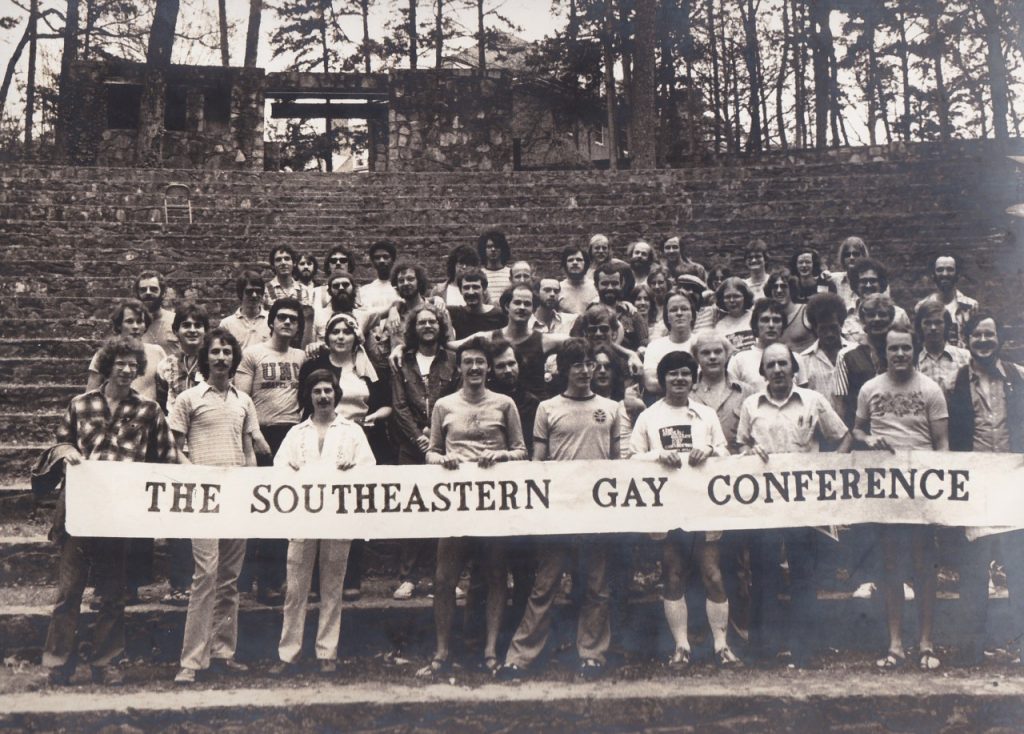
Southeastern Gay Conference Group Photo, in the Carolina Gay Association Records #40491, University Archives, The Wilson Library, University of North Carolina at Chapel Hill
“We want to reflect voices from a variety of experiences at UNC, to capture an honest picture of what the student experience at Carolina has been — some of the stories are quite personal and not fond memories. We are honest and upfront about who has access to an interview and how it will be used.”
Graham envisions the archives being used to write histories of the University and in undergraduate work, master’s theses and doctoral dissertations. The oral histories will be accessed by historians and journalists from around the world. But most importantly, he hopes these stories will become a truly meaningful way for people to learn about and engage with Carolina history — particularly current and future students.
“Students come to a university to learn, but they also hope to figure out how they fit in,” said Graham. “They do that by looking at people who came before them, who had similar experiences. When you’re able to see yourself in the history of a place like UNC, it helps a great deal with your sense of belonging in the present.”
Translating to performance
When enough oral histories are collected and archived, the next phase of The Story of Us is performance.
Joseph Megel, artist-in-residence and teaching professor in the Department of Communication and director of UNC’s Process Series, has years of experience developing performances from oral histories. His work on the Black Pioneers ProjectOpens in new window brought the stories and challenges of the first Black students at Carolina back to life in 2018. Now, the former chair of the Provost Committee on LGBTQ Life cannot wait to tell the stories of LGBTQIA alumni.
“Performance allows us to understand these oral histories from the inside out, connecting us empathically to these stories in a way that can move needles,” shared Megel. “Performance is just a different way of knowing something — for me it’s a deeper and more connected way of knowing that can really move people and create understanding.”
Megel said translating oral histories into performances is difficult but rewarding.
“We weave stories together to give the sense of a forward-moving narrative so the audience experiences a journey instead of a series of individual stories. I would love to see this as a full production where there’s a design that could really engage us and call us in more, but we’ll need funding and support to get to that level.”
How to help
- Give! Make a donationOpens in new window to help The Story of Us reach its $100,000 goal.
- Contribute! Share your own story or your memorabilia and photosOpens in new window.
- Advocate! Encourage your fellow alumni to share their stories and get involved.
- Ask questions! Discuss your options with Cassie Tanks, who can be reached at
[email protected]Opens in new window.
